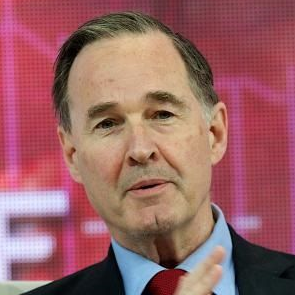India: Enron to the Rescue?
Did Enron’s activities in India avert a nuclear war?
March 25, 2002
While the world remains shocked by the Enron debacle, many Indians now acknowledge that the doomed energy giant may have helped to save the world from a possible nuclear war.
When five men armed with grenades and guns launched a vicious terrorist attack on the Indian Parliament in mid-December, India and Pakistan immediately traded accusations of complicity in the attack.
Tensions were heightened, but did not boil over into a larger conflict. After all, for all the surprise and savagery involved in the battle, the death toll in the attack ended up at only 12 — including all of the attackers and seven others.
Much of the reason for the failure of the assault can be attributed to a power outage which blacked out the parliament building itself shortly before the incident.
In fact, such power failures are common in India — and the cabinet and parliament had decided to adjourn once it began. If government officials had remained in the building, several of them might well have been killed in the battle.
So just how does Enron fit into this scheme of things? Well, the energy company played an important role in India’s power generation sector because it built a large power plant in the country during the mid-1990s. The plant was intended to be a model for foreign direct investment.
Instead, conflicts developed with between Enron and the state government over issues including energy pricing and allegations that the company obtained favorable regulatory policies via corruption. Such conflicts helped to cause a general suspension of foreign investment in the Indian electricity industry — and left the country with severe power shortages.
Imagine, on the other hand, if the Enron project had been completed successfully. There would have been such a large influx of direct foreign investment into India’s power sector that the country’s parliament would never suffer from recurring power blackouts.
The American press didn’t report on the role of the power failure in the attack on the Indian parliament — but it was a critical factor in preventing the terrorists from wreaking more havoc.
As a result, Enron — for all its other failings — deserves a footnote in the history books for inadvertently helping to prevent nuclear war. Surely, if members of India’s cabinet had been killed in the attack, the specter of nuclear war with Pakistan might have loomed large.
Conversely, Enron preserved the peace — by pursuing a misguided investment which helped to protect the Indians by keeping them in the dark at just the right moment.
March 25, 2002
Read previous
The World Going Up in Smoke
March 24, 2002
